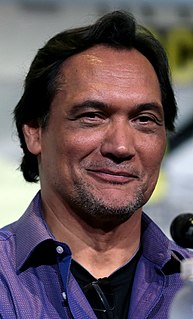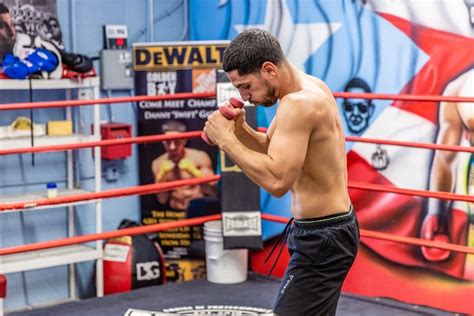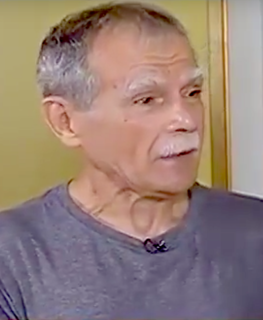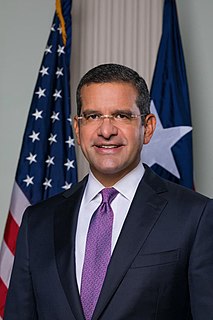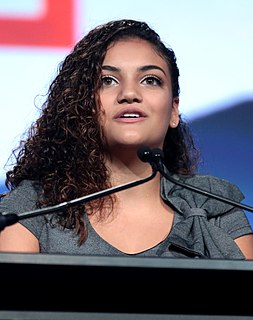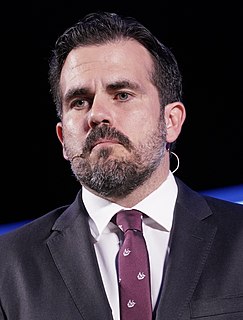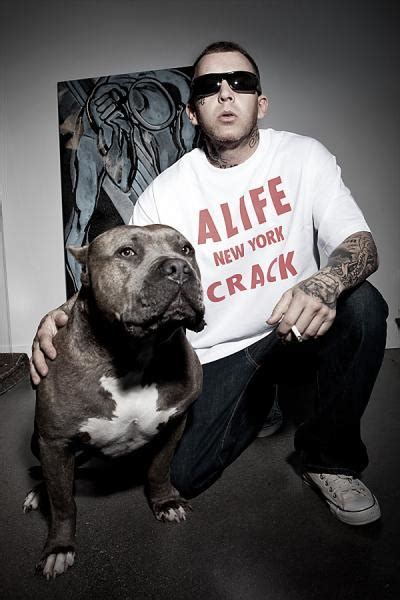A Quote by Jimmy Smits
I was in Puerto Rico going to school, and it was very jarring for me. 'Traumatic' is the only way that I can say it. Kids were making fun of me: 'Oh, you're a Yankee.' And I acted out a lot. A lot. But looking back, and through a little bit of therapy, everything I am has to do with that time.
Related Quotes
I am surprised at the number of Puerto Ricans that are moving out of Puerto Rico still. I thought that, by now, the immigration of Puerto Ricans had decreased a little bit. But, no, with a hurricane, it has increased even more. So, I see the financial institutions, especially the hedge funds, moving into Puerto Rico with all the - with all the force, knowing that their investments towards the future are going to be multiplied or probably elevated to quantities beyond any notion of how capital works.
I believe that the overwhelming majority of Puerto Rico wants to be Puerto Ricans. I have been in five different states in the United States, and I have found young Puerto Ricans in the states who really love Puerto Rico, who really want to do something for Puerto Rico. And for me, Puerto Rico has to be the promised land of all Puerto Ricans, whether we are in the United States or wherever we are at. But this has to be the promised land. Annexation will never be the answer.
I'm able to laugh now, because I've gone through a lot of mental and physical therapy to heal over the years, my music's been wonderful for me. But I was a shell of my former self at one point. I was not myself. To be fair, I was about 19, so ... I went to Catholic school and all this crazy stuff happened, and I was going, 'Oh, is this just the way adults are?' I was very naive.
The truth of the matter is that we are being very aggressive, so that we can lay the foundations for investors to come to Puerto Rico, for jobs to be created, and for opportunities to ensue. And our objective, again, is for Puerto Rico, for the people of Puerto Rico who want to stay here, for them to have the opportunity to stay here.
I call myself good crazy because I am a crazy normal. But who is normal really? Are you normal? Maybe you are, but I don't think a lot of us are normal. I think a lot of us are scared to say that we are a little crazy. I'm a little crazy that is just the way it is. I look in the mirror now and I like who is looking back at me. I am comfortable in my skin for the first time in my life. I have let a wall down.
To me, acting is very therapeutic. I get out a lot of anger and frustration. It's maybe hard to believe, but as a kid I really had a lot of self-doubts. My father was very ill - he was an alcoholic - so there were a lot of things that built up for me. And because I was going to a Catholic school in a small German town, a lot of it was suppressed. I was angry and didn't know how to get it out.
Spending a lot of time away from home was strange. My parents visited me, obviously, but I was in hospital a lot, alone. And then when my health had improved a bit and I was in a sick-bed in the house, with the life of the house going on around me, that was very vivid for me. I always think that's a bit like the position of a novelist in a novel, going through drafts: there but not there, one remove from reality.
